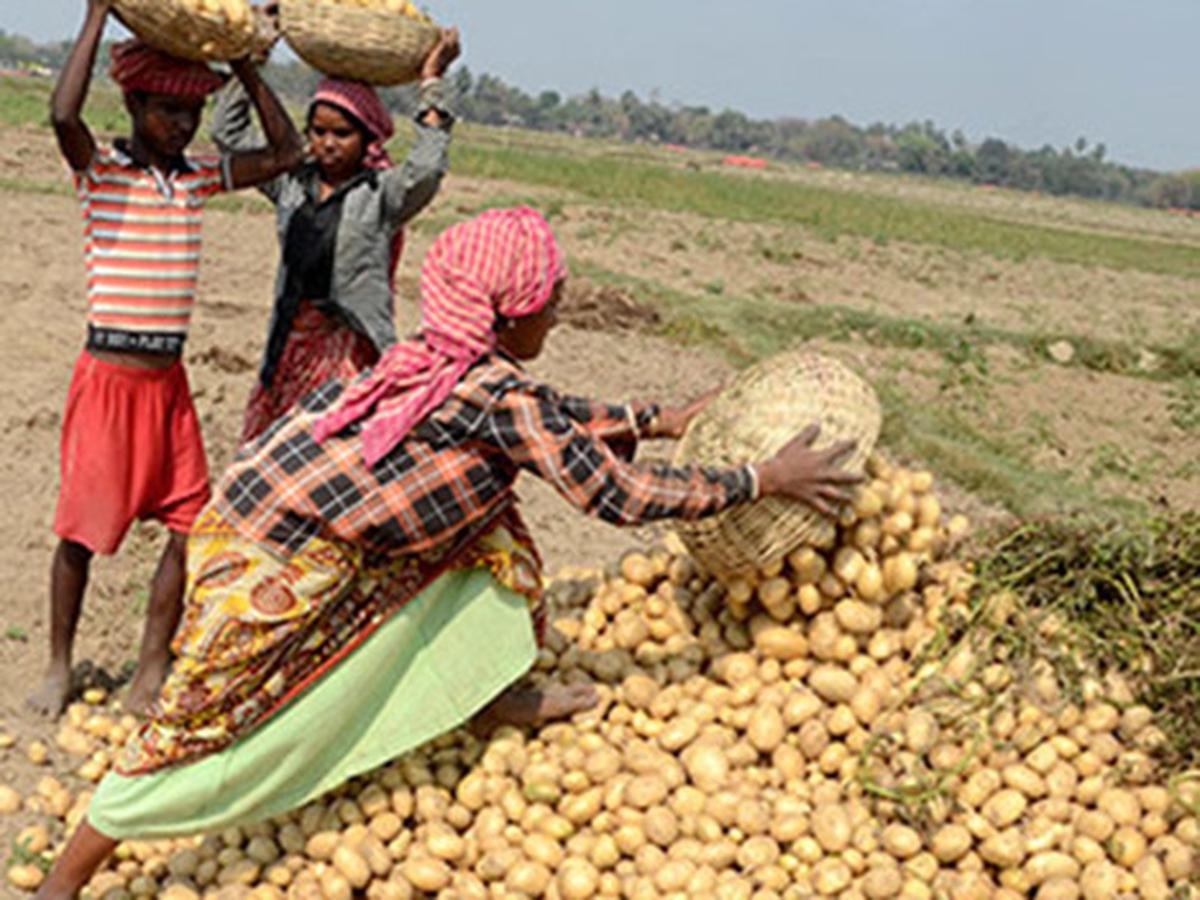
In a legal dispute that has garnered attention, PepsiCo India’s patent appeal for its unique potato variety, used in Lay’s chips, was rejected by the Delhi High Court. This decision came after the Protection of Plant Varieties and Farmers Rights’ Authority (PPVFRA) revoked PepsiCo’s registration for the potato variety under the grounds provided in the Protection of Plant Varieties and Farmers Rights Act, 2001 (PPV&FR). Here’s an overview of the legal row and the relevant legislation.
The Legal Row: PepsiCo had obtained registration for its potato plant variety named ‘FL 2027,’ which possesses specific qualities such as low external defects, high dry matter content, stable sugars, and suitability for chip manufacturing. However, the PPVFRA, responsible for protecting plant varieties and farmers’ rights, revoked PepsiCo’s registration based on Section 34 of the PPV&FR Act, which outlines grounds for revocation.
The Protection of Plant Varieties and Farmers Rights Act, 2001: The Protection of Plant Varieties and Farmers Rights Act, 2001, is an Indian legislation enacted to safeguard the rights of plant breeders, farmers, and promote agricultural innovations. The act aims to encourage the development of new plant varieties while ensuring fair compensation for farmers and preserving their traditional knowledge.
Under the PPV&FR Act, breeders can register their plant varieties and obtain exclusive rights over them, including the right to produce, sell, and distribute the seeds or propagating material of those varieties. However, the act also provides safeguards to protect farmers’ rights and prevent any undue monopoly over agricultural produce.
Section 28 of the PPV&FR Act establishes farmers’ rights, including the right to save, use, sow, exchange, and sell farm-saved seeds. It recognizes the significant role of farmers in the conservation, development, and preservation of plant genetic resources. Additionally, Section 39 of the act ensures that farmers are not restricted from using or exchanging protected varieties for cultivation purposes.
In the case of PepsiCo’s potato variety, the PPVFRA invoked Section 34 of the PPV&FR Act to revoke the company’s registration. This section outlines various grounds for revocation, including the failure to fulfill obligations, non-payment of benefit sharing, and inadequate protection of farmers’ rights.
The Delhi High Court’s Decision: On July 5, the Delhi High Court dismissed PepsiCo’s patent appeal, affirming the revocation of its registration for the ‘FL 2027′ potato variety. The court held that PepsiCo’s appeal lacked merit, upholding the authority of the PPVFRA’s decision. The ruling ensures that farmers’ rights are protected, preventing any undue monopoly over agricultural varieties.
The legal row between farmers and PepsiCo over the potato variety highlights the significance of legislation such as the PPV&FR Act in safeguarding farmers’ rights and ensuring fair practices in the agricultural sector. It serves as a reminder of the balance between promoting agricultural innovation and preserving traditional farming practices, ultimately benefiting both breeders and farmers.
